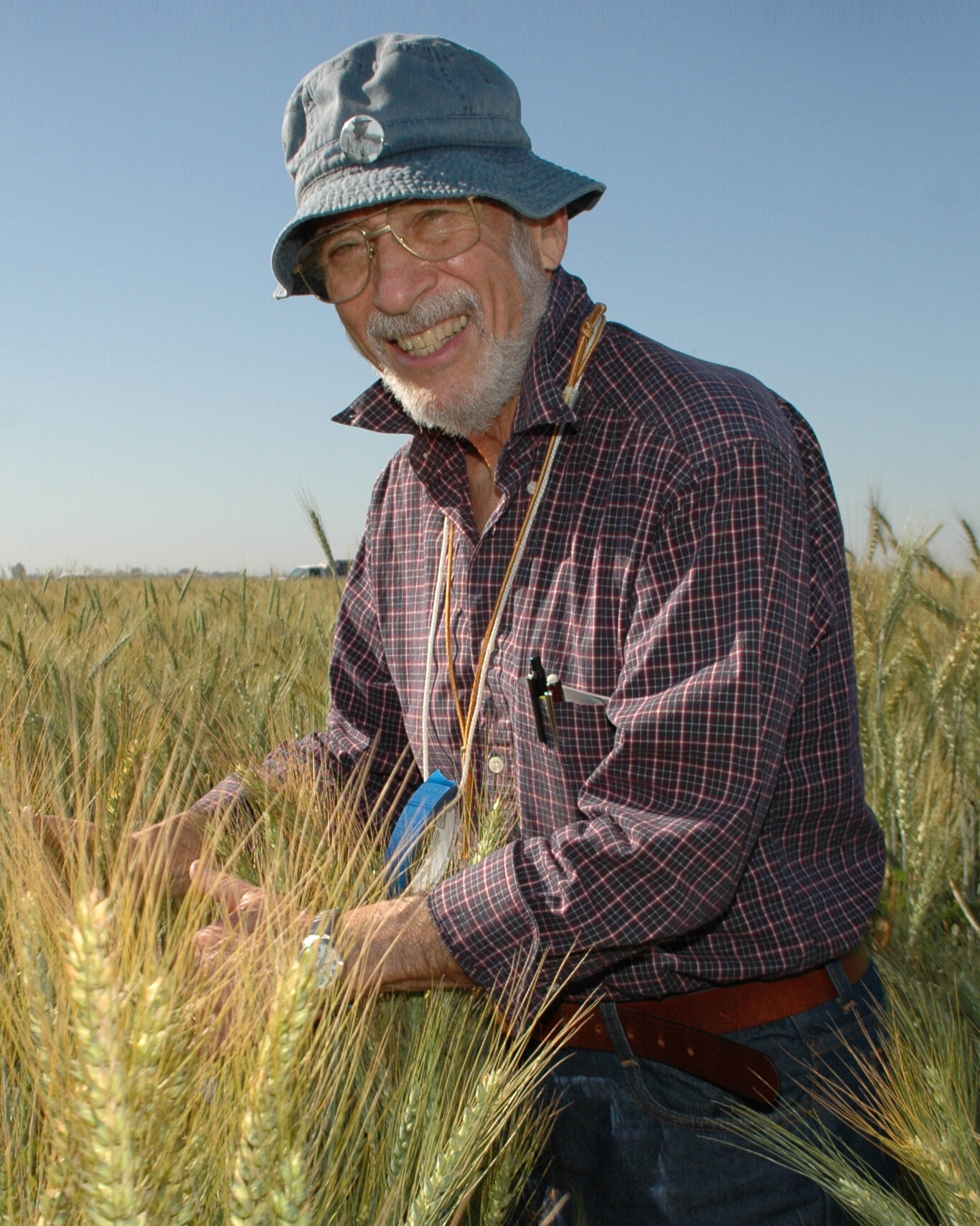Meet The Board - Jesse Dubin
Dr. H. Jesse Dubin is an esteemed plant pathologist who dedicated 24 years of service to CIMMYT. Dr. Dubin’s work has spanned the gamut, from representing CIMMYT in the Andean region of South America in 1979, to become the Associate Director of the Wheat Breeding Program in 1997. Alongside his many awards and accomplishments, Dr. Dubin’s current contributions are focused on giving back to the scientific community.
Growing up in the city, Dr. Dubin found his initial love for science when he ventured outside of the concrete he was so accustomed to. “I love trees, I liked to fish and hunt but overall I loved being in the outdoors,” Dr. Dubin said, “My dream was to get out of the city.”
After graduating from high school, Dr. Dubin was accepted to a pre-law program. Unsure of his dedication to pursuing a law degree, a high school friend recommended they visit the State University of New York College of Forestry School at Syracuse. “When I saw the school and the research that was going on there – I loved it,” said Dr. Dubin, “I went home and told my folks that I was going to go to forestry school because that’s really what I wanted to do!”
Dr. Dubin never looked back. Upon completing college in 1964, Dr. Dubin joined the Peace Corps. In an article from the American Phytopathological Society, Dr. Dubin stated, “My Peace Corps time convinced me that I wanted to continue to do international work, especially in food production. Meanwhile, the work on Dothistroma pini helped me get a USFS assistantship at Colorado State University (CSU) working on foliar blights of pines. Most importantly, it was at CSU where I met my wife Gloria, who was doing graduate studies in Latin American literature.”
His international work as a plant pathologist centered around developing disease resistant germplasm of wheat. Dr. Dubin aided in the development of durable leaf rust resistance in the 1970’s. In 1979, while working in the Andean region of South America, Dr. Dubin and his colleagues identified the Puccinia striiformis f. Sp. Hordei attacking barley for the first time in the Americas. They were able to incorporate good resistance to the disease in several years. He also was CIMMYT’s Regional Wheat Representative in the Andes and in South Asia, and in 1997 named the Associate Director of the Wheat Program. Last but not least, he participated in the wheat training program all through his CIMMYT years and well into his retirement.
“I served in the U.S. Marine Corps Reserve and in the Peace Corps,” said Dr. Dubin, “As a child of the 60’s, I’ve been on both sides of history’s coin. My colonel once told me, ‘We train for war, but we want peace.’ And that’s my philosophy now. My Peace Corps work focused me to work on food production in developing countries and that brought me to CIMMYT.”
“Keep pushing for the things you believe in – things that improve the conditions of people in this society. Find something that really turns you on and that’s useful to humanity. Something that gives you the satisfaction of doing good.” – Dr. Jesse Dubin
Even now at 78, Dr. Dubin and his wife visit Maine in the summertime where he has taught classes on edible mushrooms, snorkels, and kayaks through waters searching for invasive weeds such as Eurasian Milfoil.
Dr. Dubin’s advice to the rising generation of scientists? “If you can find your passion, that’s great, because a lot of people never will. You don’t have to be producing food to take [Dr. Norman E.] Borlaug’s philosophy to heart – Do the best you can for other people. Whatever you do, do it well. Leave this place better than how you found it.”
By Linc Thomas
